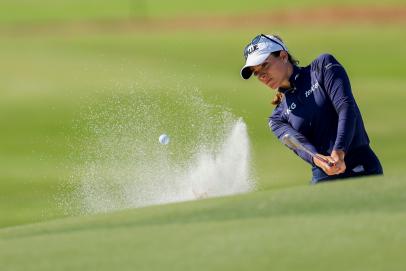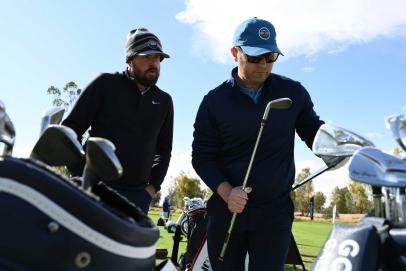Hot List
The best wedges for full shots, according to low-, mid- and high-handicaps

Wedges are the Swiss Army knife of golf equipment: By using different lofts and bounce/grind options you can pretty much find any wedge for any task. Yet while much attention is paid to the lob and sand wedges, what often receives short shrift are the gap wedges, which in reality perform the task of a second pitching wedge and are used almost exclusively for full-swing shots.
An effective gap wedge often requires a different design from the higher lofts. It is not uncommon for gap wedges to have narrower, deeper grooves that produce plenty of grab, but not so much that the ball comes ripping back off the green. Ditto differing wall angles on the grooves or loft-dependent face finishes. It’s easy to think of the most spin as being best, but a great gap wedge delivers the appropriate amount of spin.
Shape also plays a role. Although many wedges are rounded in shape, bordering on bulbous at times, many manufacturers shape their gap wedges with straighter lines to make the transition in look from the pitching wedge to the gap wedge easier to stomach. Here are the gap wedges our Golf Digest Hot List testers found to be the most effective on full shots across each of our handicap groups: low, mid and high. When it comes to full shots these wedges are more than up for the task. —E. Michael Johnson
Low Handicaps
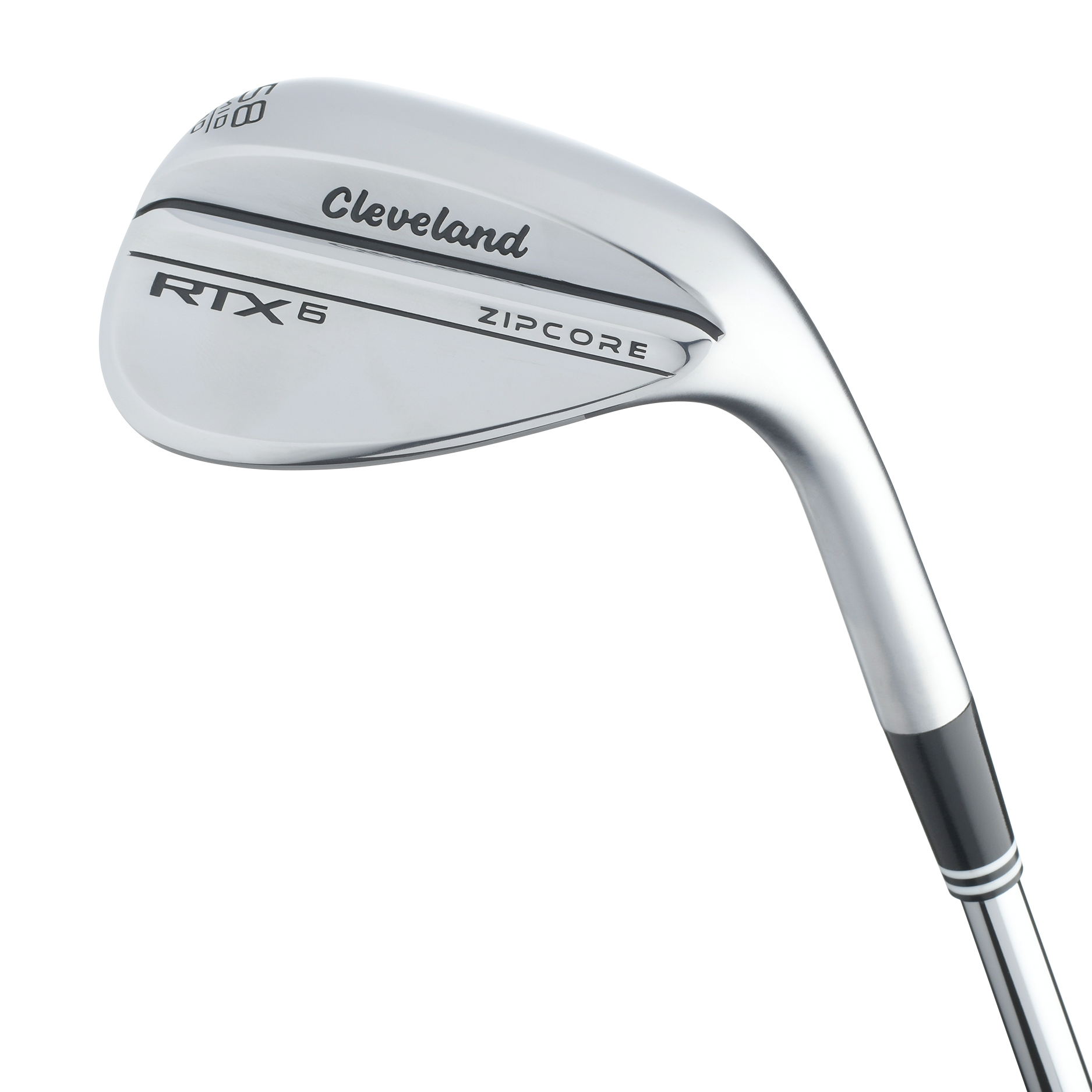
When you have a proven winner, the temptation is to make modest improvements and move on. Not with these wedges. The amount of weight removed from the lower heel and replaced with the company’s ZipCore compound is nearly double from last year. The compound is a quarter of the weight of the steel it replaces, saving 21 grams that has been moved elsewhere to position the center of gravity toward the toe. This slightly increases the moment of inertia in the heel-toe and high-low directions to help mis-hits.
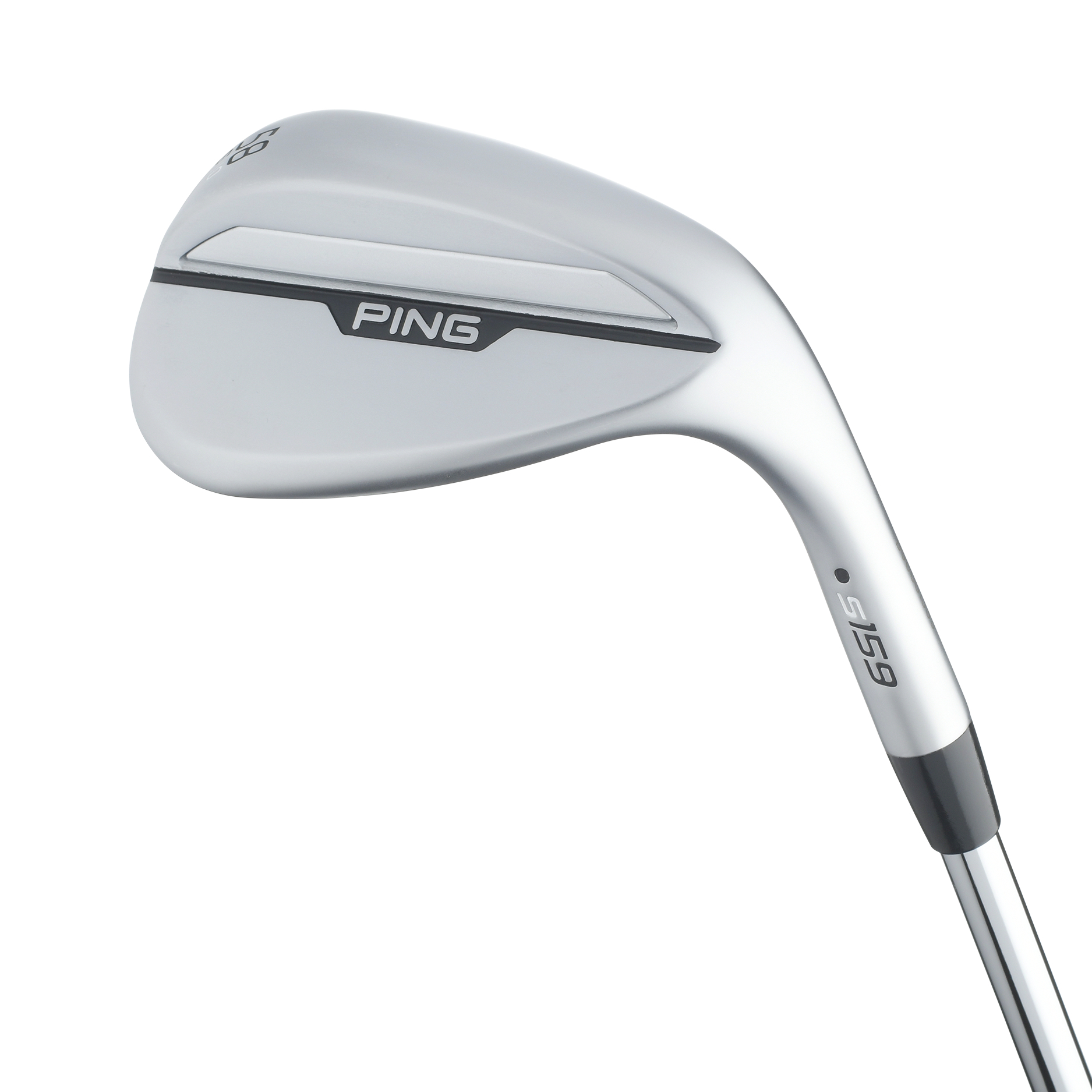
With 25 stock options and six sole grinds, Ping wants to help as many kinds of swings as possible deliver the club efficiently through the turf. Spin is another important area of emphasis. The design of the grooves changes depending on the loft. Lower lofts feature volume to channel maximum debris on full shots. Grooves on the lower lofts (54 to 62 degrees) are tightly spaced so that the edges contact the ball cleanly. Throw in a friction-adding face blast, and you get more bite than an angry Rottweiler.
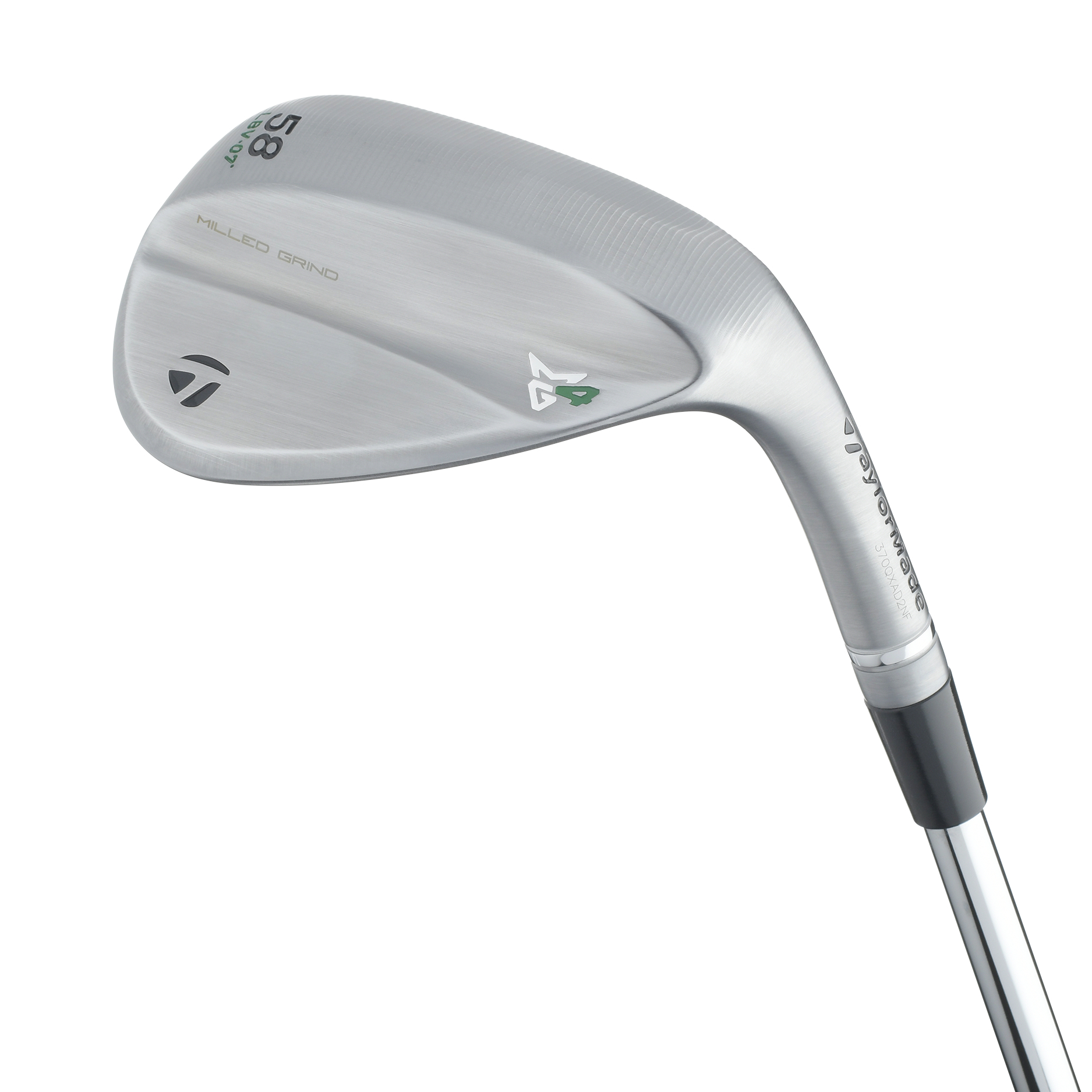
A clean design from groove to sole, the latest Milled Grind benefits from the machined sole shaping of its predecessors with enhanced spin. The grooves are the same as the Milled Grind 3 but have laser-etched diagonals on the flat areas between each score line to increase spin on partial shots and reduce spin loss in wet or dewy conditions. Redistributing weight to the perimeter on the higher lofts improves feel. Increasing the thickness of the flange in an area in line with the center of the face enhances sound and feel.
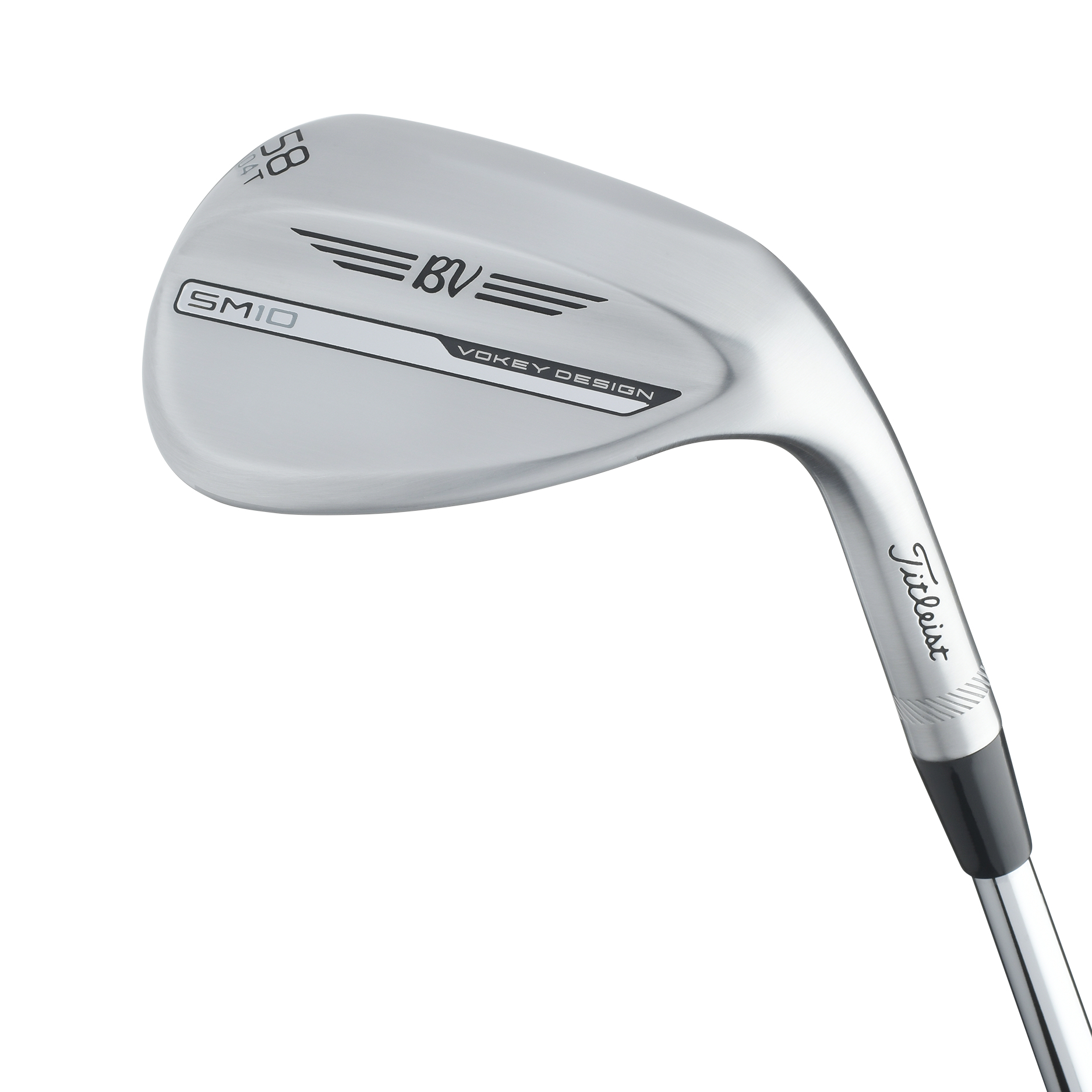
The new SM10 line is beyond complete with plenty of options for those savvy enough to get fit for wedges. The center-of-gravity location received particular attention. The smaller profile and shorter hosel lengths (on lofts 46 to 52) help drive the CG low to make the transition from short irons easier. In the 54- through 62-degree models, the CG has moved up, forward and toward the center to promote a lower, more controlled flight. The “spin milled” grooves have been updated and when combined with a texture between the grooves increase spin by as much as 300 revolutions per minute.
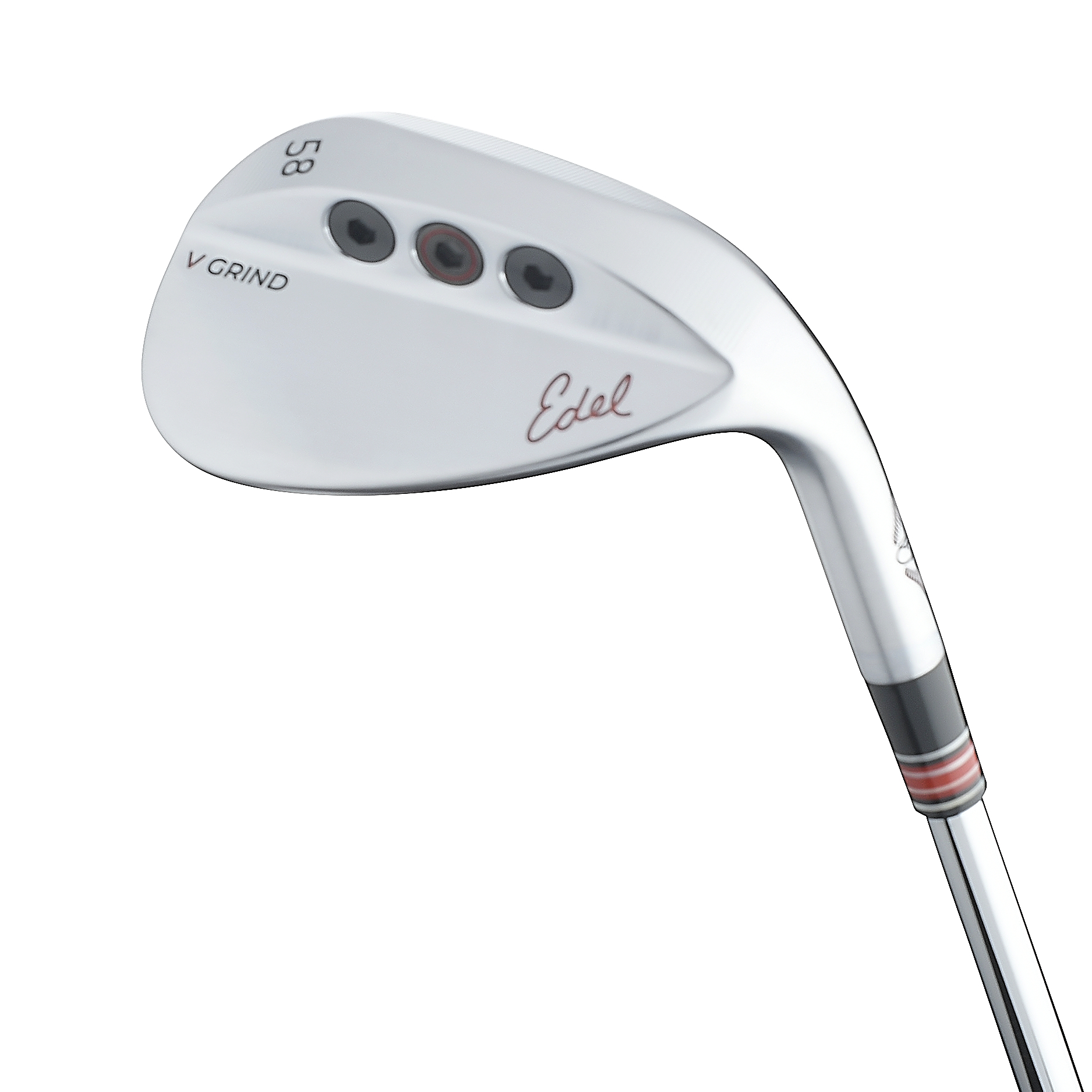
Most equipment technology focuses on what happens when the club meets the ball. Conversely, Edel designs clubs that help players get to impact more efficiently. The Edel SMS wedge is the latest example, using three adjustable weight ports in the back of the wedge not so much to adjust the wedge’s center of gravity (moving the heavy weight among the three ports only moves the CG slightly), but to adjust the way the wedge feels and matches your swing type, producing significantly better and more consistent distance, dispersion and spin compared to the other settings.
Mid Handicaps
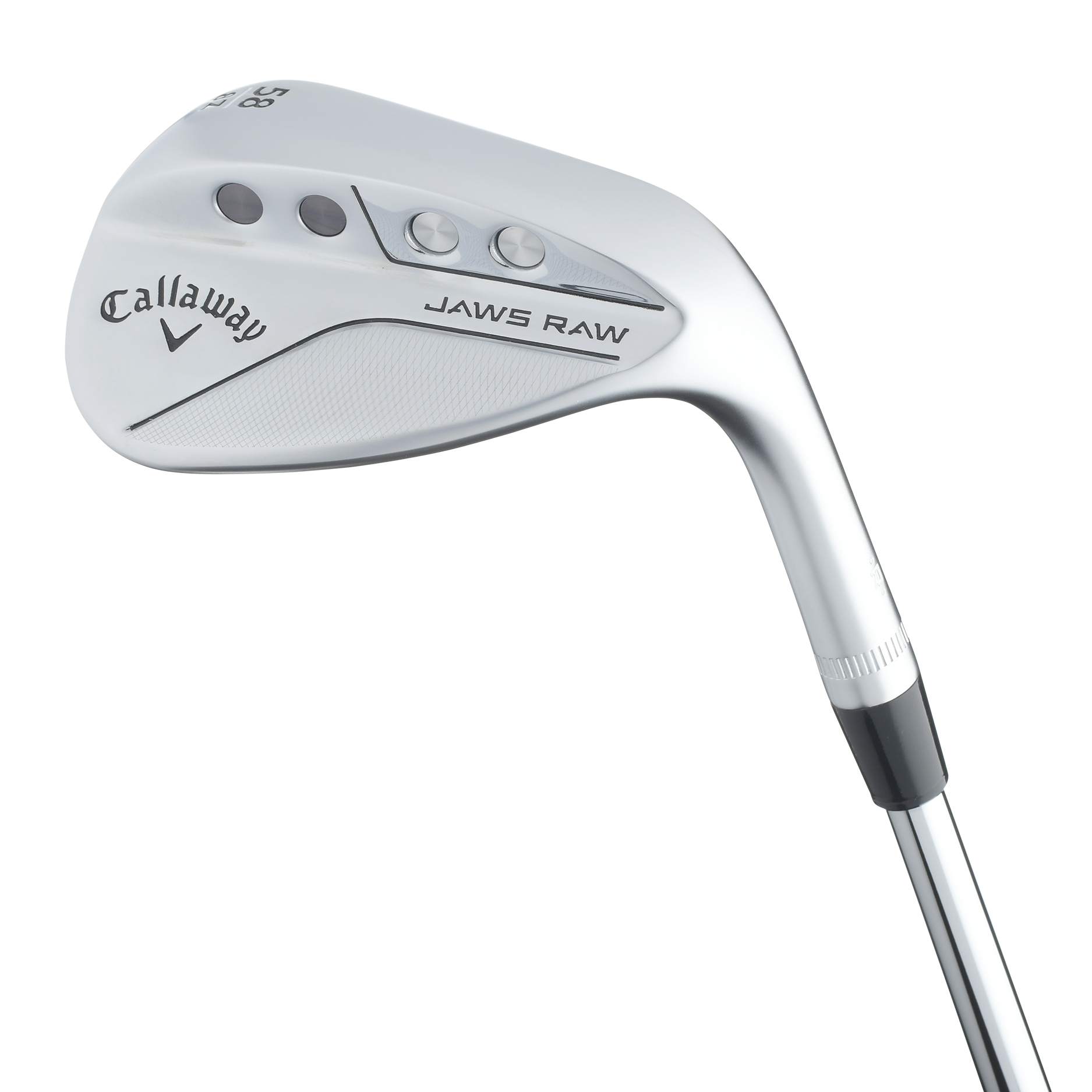
Golfers dream of sucking the ball back like they’re playing walk the dog with a yo-yo. Callaway’s groove design is an effort to get players there. A 37-degree wall angle enhances the sharpness of the groove edge for extra grab on full shots. Micro-milled grooves between the regular grooves are milled at a 20-degree angle, helping spin on greenside shots. The variable-length hosels on the sand and lob wedges help control trajectory and improve forgiveness. Tungsten—used for the first time in a Callaway wedge—helps position the center of gravity in the middle of the face for enhanced control and feel.

With 25 stock options and six sole grinds, Ping wants to help as many kinds of swings as possible deliver the club efficiently through the turf. Spin is another important area of emphasis. The design of the grooves changes depending on the loft. Lower lofts feature volume to channel maximum debris on full shots. Grooves on the lower lofts (54 to 62 degrees) are tightly spaced so that the edges contact the ball cleanly. Throw in a friction-adding face blast, and you get more bite than an angry Rottweiler.

A clean design from groove to sole, the latest Milled Grind benefits from the machined sole shaping of its predecessors with enhanced spin. The grooves are the same as the Milled Grind 3 but have laser-etched diagonals on the flat areas between each score line to increase spin on partial shots and reduce spin loss in wet or dewy conditions. Redistributing weight to the perimeter on the higher lofts improves feel. Increasing the thickness of the flange in an area in line with the center of the face enhances sound and feel.

The new SM10 line is beyond complete with plenty of options for those savvy enough to get fit for wedges. The center-of-gravity location received particular attention. The smaller profile and shorter hosel lengths (on lofts 46 to 52) help drive the CG low to make the transition from short irons easier. In the 54- through 62-degree models, the CG has moved up, forward and toward the center to promote a lower, more controlled flight. The “spin milled” grooves have been updated and when combined with a texture between the grooves increase spin by as much as 300 revolutions per minute.
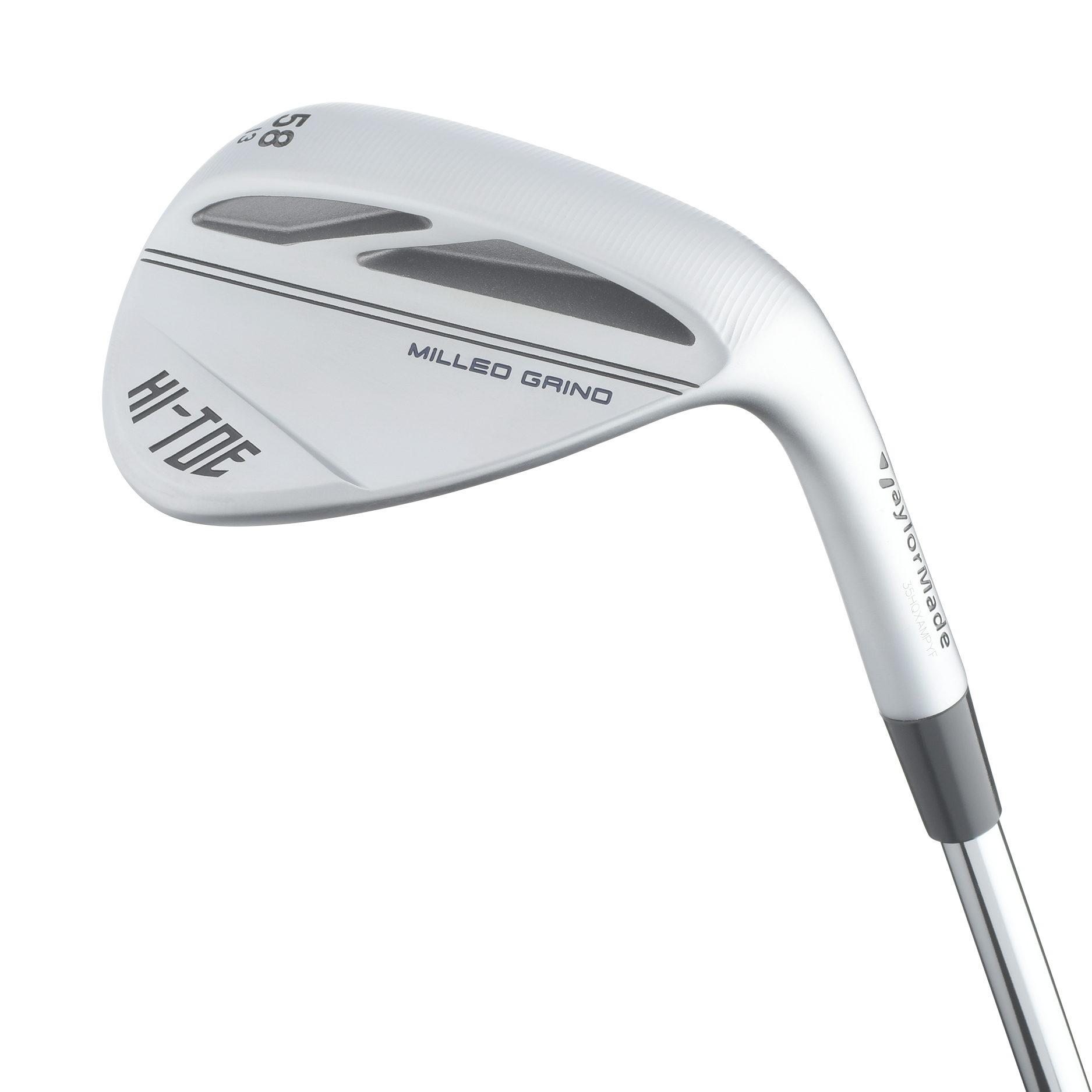
TaylorMade’s Hi-Toe wedges, developed by staff players seeking more spin on open-face shots, came to have an almost secret following. It wasn’t easy to discern whether the wedge was designed for the game’s elite or simply a hacker’s helper. The answer is both. Although tour pros gravitated toward this model, TaylorMade’s team studied the impact location of 130,000 golfers and found nearly two-thirds had impact locations toward the toe. This led to the high-toe shape with grooves that stretch across the face in lofts 54 degrees and higher.
High Handicaps

When you have a proven winner, the temptation is to make modest improvements and move on. Not with these wedges. The amount of weight removed from the lower heel and replaced with the company’s ZipCore compound is nearly double from last year. The compound is a quarter of the weight of the steel it replaces, saving 21 grams that has been moved elsewhere to position the center of gravity toward the toe. This slightly increases the moment of inertia in the heel-toe and high-low directions to help mis-hits.
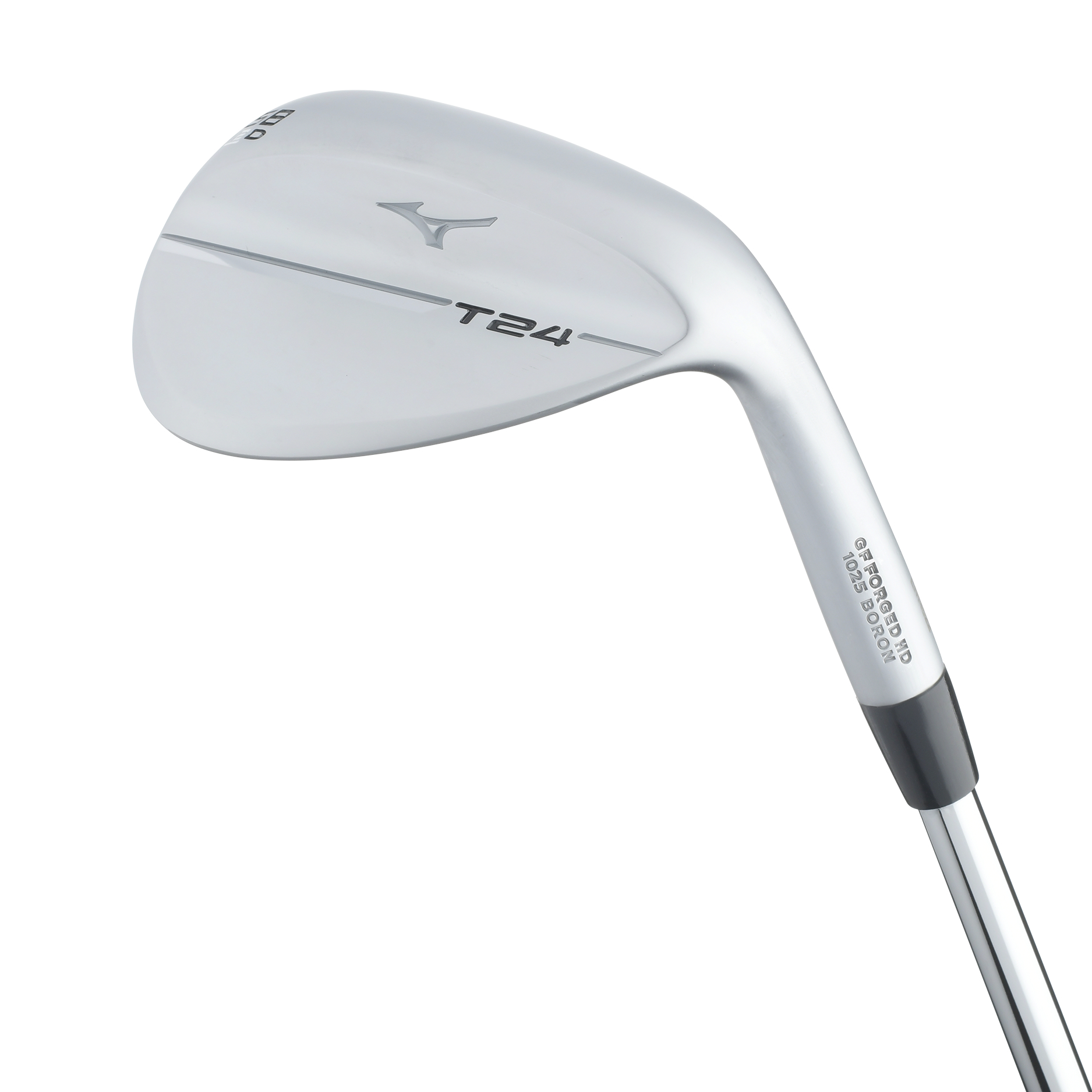
The T24 line has a thinner topline, shorter, more compact blade lengths and heads that transition in shape depending on loft compared to the T23. A straight-line look on the lower, full-swing lofts (for easier transition from the short irons) moves to more of a rounded look on the higher lofts to emphasize shot-making finesse (open-face shots in particular). Throughout though, the T24 maintains the classic teardrop shape better players prefer. Two new groove designs that are specific to higher and lower lofts provide more opportunity for the groove edges to interact with the ball for maximum spin.

With 25 stock options and six sole grinds, Ping wants to help as many kinds of swings as possible deliver the club efficiently through the turf. Spin is another important area of emphasis. The design of the grooves changes depending on the loft. Lower lofts feature volume to channel maximum debris on full shots. Grooves on the lower lofts (54 to 62 degrees) are tightly spaced so that the edges contact the ball cleanly. Throw in a friction-adding face blast, and you get more bite than an angry Rottweiler.

A clean design from groove to sole, the latest Milled Grind benefits from the machined sole shaping of its predecessors with enhanced spin. The grooves are the same as the Milled Grind 3 but have laser-etched diagonals on the flat areas between each score line to increase spin on partial shots and reduce spin loss in wet or dewy conditions. Redistributing weight to the perimeter on the higher lofts improves feel. Increasing the thickness of the flange in an area in line with the center of the face enhances sound and feel.

The new SM10 line is beyond complete with plenty of options for those savvy enough to get fit for wedges. The center-of-gravity location received particular attention. The smaller profile and shorter hosel lengths (on lofts 46 to 52) help drive the CG low to make the transition from short irons easier. In the 54- through 62-degree models, the CG has moved up, forward and toward the center to promote a lower, more controlled flight. The “spin milled” grooves have been updated and when combined with a texture between the grooves increase spin by as much as 300 revolutions per minute.

